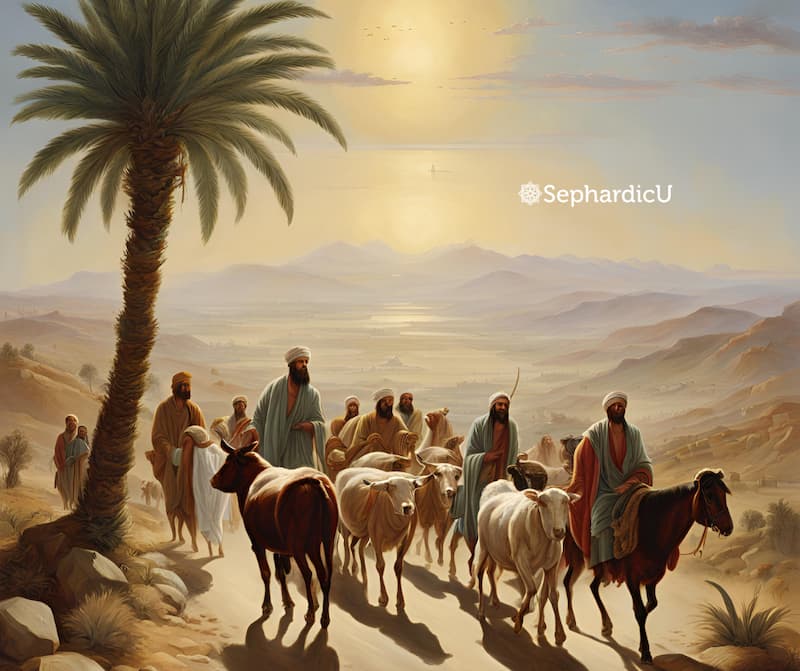Introduction
Abraham is one of the most influential figures in history, revered as the founding patriarch of the world’s three major monotheistic religions: Judaism, Christianity, and Islam. Known for his unwavering faith, obedience, and profound life experiences, Abraham’s journey is filled with moments that have shaped religious thought and inspired countless generations. From leaving his homeland at God’s command to becoming the father of many nations, Abraham’s life story is both captivating and deeply meaningful. In this post, we’ll explore some fascinating facts about Abraham that reveal his character, his challenges, and his legacy, giving us a deeper understanding of why he is such a pivotal figure.
Here’s a table summarizing some interesting and unique facts about Abraham, highlighting key aspects of his life and legacy:
| First Patriarch of Israel | Abraham is considered the first patriarch of the Israelites, with his descendants forming the foundation of the Jewish, Christian, and Islamic faiths. | Genesis 12:1-3 |
| Original Name | His original name was “Abram,” meaning “exalted father.” God later changed it to “Abraham,” meaning “father of many nations.” | Genesis 17:5 |
| Covenant with God | God made a covenant with Abraham, promising to make his descendants a great nation and to bless all the families of the earth through him. | Genesis 12:2-3; Genesis 17:4-8 |
| Journey of Faith | God commanded Abraham to leave his homeland and go to a land He would show him, leading Abraham on a journey of faith to Canaan. | Genesis 12:1 |
| Test of Faith – Binding of Isaac | Abraham was willing to sacrifice his son Isaac when God commanded it, demonstrating his faith and obedience. An angel intervened, and a ram was provided as a substitute. | Genesis 22:1-14 |
| Father of Ishmael and Isaac | Abraham fathered two sons: Ishmael, through Hagar, and Isaac, through Sarah. These sons are considered the ancestors of the Arab and Jewish peoples, respectively. | Genesis 16:15-16; Genesis 21:1-3 |
| Lived to 175 Years | Abraham lived to the age of 175, witnessing the growth of his family and the beginning of God’s promises to him. | Genesis 25:7 |
| Negotiation with God | Abraham famously negotiated with God to spare the city of Sodom if even ten righteous people could be found there, showcasing his compassion and advocacy. | Genesis 18:22-33 |
| Wealth and Influence | He was known for his great wealth in livestock, silver, and gold, and had considerable influence, even interacting with kings like Pharaoh and Abimelech. | Genesis 13:2; Genesis 12:16; 20:14-16 |
| Burial in the Cave of Machpelah | Abraham purchased the Cave of Machpelah to bury his wife Sarah, which became the family burial place for himself, Isaac, Jacob, and their wives. | Genesis 23:17-20 |
Conclusion
Abraham’s story is one of faith, resilience, and purpose. Through his devotion and willingness to embrace the unknown, he laid the foundations for a spiritual legacy that has impacted millions. His life serves as a powerful example of trust, sacrifice, and divine promise. By learning about these key moments and unique aspects of Abraham’s journey, we gain insights into not only his character but also the timeless values he represents. Whether we view Abraham through a religious or historical lens, his legacy remains a testament to the enduring power of faith and the potential of one life to influence generations.








Ohr HaChaim Yomi – Emor